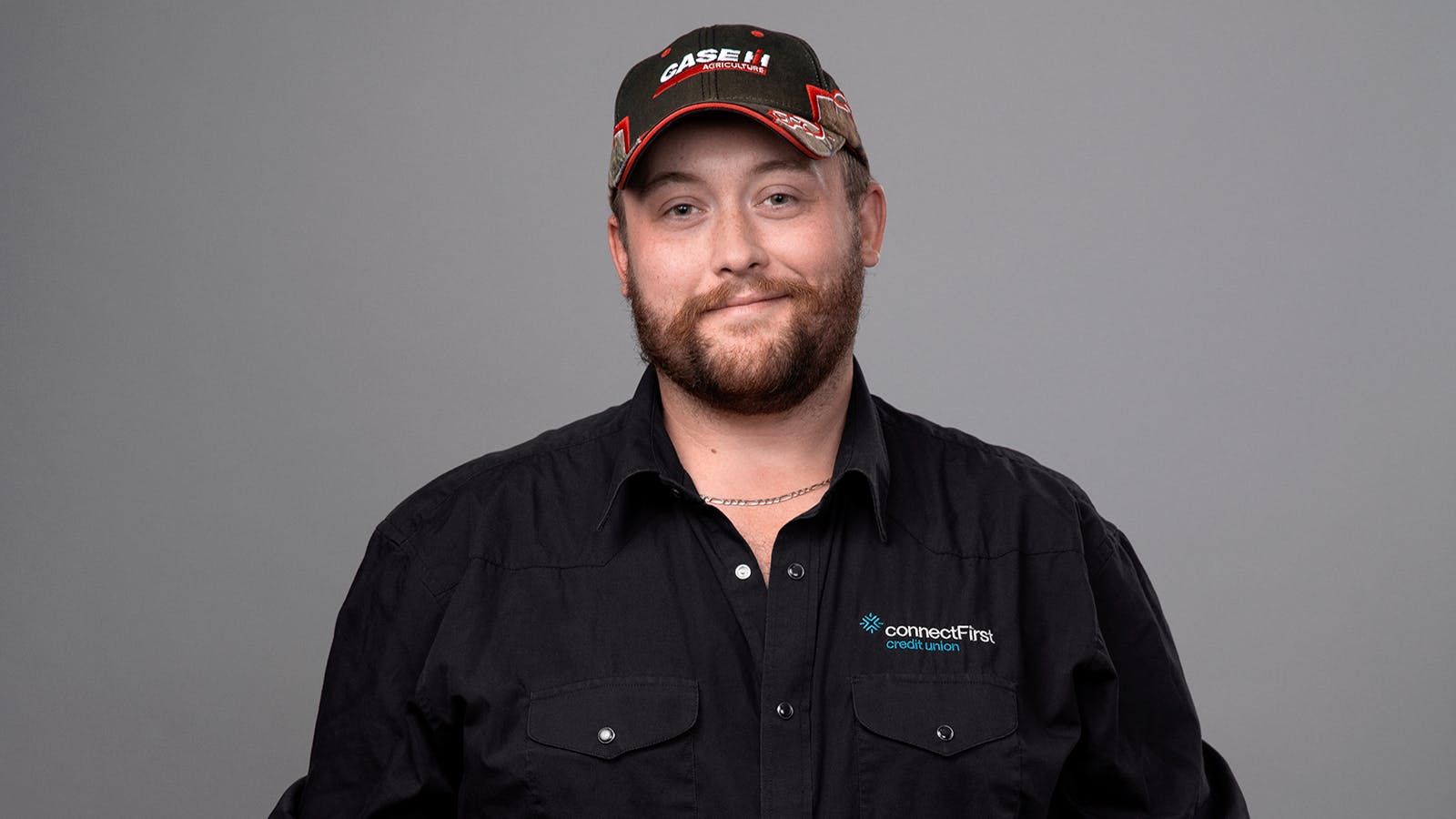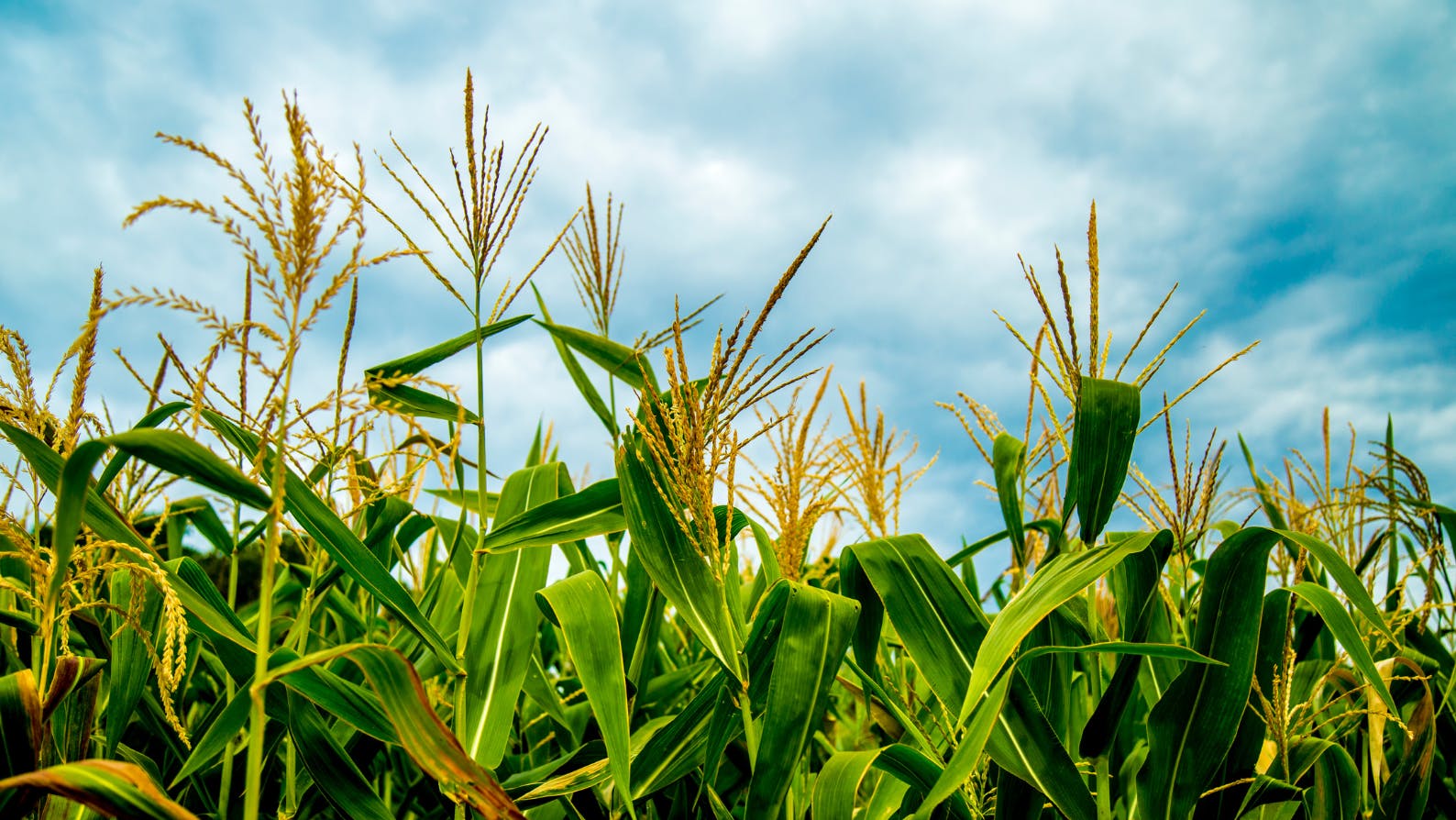This article has been written by Turner McKay, Senior Agriculture Advisor at ConnectFirst Credit Union.
When I think about what makes the production agricultural industry special, it boils down to finding that perfect synergy of business and the innate long-term legacy of producers’ operations. I often find that the emotional tie that producers have with the land they own and operate on, is in a constant battle with the economic and financial needs of their business - and I can truly empathize with this struggle, being a fifth-generation farmer myself.
As a credit union and a cooperative, connectFirst has a unique relationship with the people who bank with us because they’re not just clients, they’re also owners; so, their success truly is our success. I aim to position myself as a financial business partner to these families and their operations, and I endeavour to develop a deep understanding of their day-to-day struggles along with their short term, and long-term strategies and goals. This kind of relationship lets my members feel comfortable and confident having very frank discussions with me about the current and future state of their operations. Given my direct involvement in the industry, it allows my members and I to have more nuanced and informative discussions that enable me to recommend the best product offerings and account mix to correctly match their immediate goals and the operation’s long-term sustainability.
Oftentimes, my biggest challenge is helping my ag families see the opportunities through the emotions and getting past the sentimentality associated with the legacy of the industry. I help them realize the value of their assets - as we've seen land prices grow exponentially over the last 10 years and their balance sheets skyrocket many of my discussions are centered around trying to help these members get over the emotional hurdles of leveraging those assets. Producers are often so emotionally tied to their land, that sometimes the thought of putting a mortgage on an unencumbered piece of property that has been in the family for over 100 years is an intimidating proposition. I certainly empathize with that, and I do my best to remind them that everything we do is part of the larger plan and to trust the numbers because they don’t lie.

An important aspect of my relationship with my members is helping them reframe their perspective about competition. It’s often challenging because oftentimes in this industry your neighbors are your direct competition when it comes to land availability and expansion; which can be difficult to reconcile when you’ve been hard-wired to support and help your neighbors as is so often the cultural norm in rural communities. But the agricultural landscape has gotten very competitive, and choosing not to leverage the full value of their assets is potentially putting them at a disadvantage compared to their competitors. Operations need to be nimble and able to move at a moment’s notice if land or equipment comes up for sale and oftentimes coming to the table with a cash offer can be the thing that sets you apart from the competition. So having accounts already set up that can be leveraged in those situations is very important.
Another incredibly important role I play with my members is helping them understand the value of debt and increasing their financial literacy. A lot of them are debt averse and I find that it is often a generational paradigm with the older operators having experienced the financial crises in the ‘80’s with the most outrageous interest rates, so they’re understandably very hesitant around the risk of being overexposed. Giving them the tools and resources to enhance their understanding about interest rates and returns on investment helps them consider each opportunity objectively and without emotion clouding their judgement. Whether it’s analyzing a lease versus buy scenario, correctly matching a loan amortization with the economic useful life of an asset, or simply determining the optimal amount of leverage on a potential purchase – providing that detailed financial advice is the most exciting part of my day.
Regardless of my members’ situations, the one mantra I keep front of mind when dealing with my agricultural producers is that if you treat your farm as a way of life, it can be poor business; but if you treat it as a business, it can be a great way of life.
Do you want to learn more about Agriculture? Register to attend Alberta Next: Agribusiness. This event will focus on key challenges and priorities in this sector, including rural decline and talent and labour shortages, volatility in the markets and global trade uncertainties and innovation and technology supporting sustainable practices and food security.





